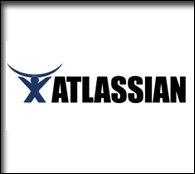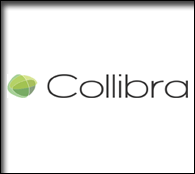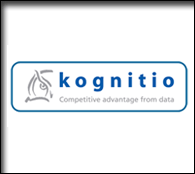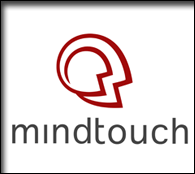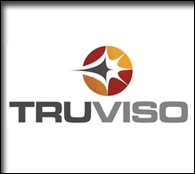Beyond Incrementalism 2.0
by Eric Norlin on May.27, 2008, under defrag "theory", industry stuff
I spent some time this weekend “thinking big” about the state of things in our little world called “technology.” What spurred it on was several conversations I’ve had as of late (with folks like Jeff Nolan and others) where this idea that “everything has just gotten incremental” started to creep in. Tim O’Reilly alluded to the same thing in a recent post when he wrote about the need for companies like Microsoft and Yahoo! to have “big, hairy, audacious goals.” To be clear, I don’t think that there aren’t great vendors out there doing innovative things (heck, we’ve got some great defrag sponsors doing just that), it is more like the “industry” (big “I”) as a whole has settled into an echo chamber of “incrementalism” where the biggest issue we can wrestle with is FriendFeed versus Twitter.
A lot of this is driven (I think) by the economic slowdown. In slower periods, you’ll see the collective begin focusing on “cost-reduction” or “productivity enhancing” technology, while they simultaneously scramble to “monetize” the tools not related to that. It happened during the dotcom bust, and I think its happening — to some extent — now. One of the tertiary events from this line of thinking is that a lot of the tech conference scene gets very boring, very fast. The reasoning is pretty simple: tech conference producers believe that sponsors will only sponsor if they have the right leads (not a bad belief), but they then jump to another belief that enterprise IT people (broadly speaking, a “lead”) will only be interested in “cost-reduction” stuff (because of the slowdown). So, you get this self-perpetuating cycle of “how to squeeze the most out of your IT budget,” or “how to keep your CIO job in a slowdown” drivel.
The dirty little secret is that no matter what the economic environment is like, there are smart people in enterprise IT (and in the development world) that are paid to think about and solve big, hairy, audacious problems. They will come to tech conferences — they just won’t come to BORING tech conferences. In other words, incrementalism sets in (in both technology and conferences) and then….well - things feel a little “flat.”
All of that precursor had me thinking about why (and how) we started Defrag. Defrag’s initial spark came from Brad’s blogging about “information overload.” Brad (and I’m paraphrasing him, so upfront apologies) was thinking about how he’d like technologies that could help him to deal with the flow of information that he was drowning in on a daily basis. That spark developed through conversations into the idea that we had a big problem to solve: how to deal with information overload in such a way that it actually brought about insight more quickly. That “moment of insight” (”aha moment”) led to Defrag’s unofficial tagline being “accelerating the aha moment.”
Initially, that idea got called the “implicit web,” and it tended to be focused on the individual. As we explored things, though, we (at least, I think I can include Brad in this) came to see that the big, hairy problem wasn’t just an implicit web one. It was actually a problem that sat at the intersection of a bunch of technologies. Suddenly, we were thinking about and talking with people in the “enterprise 2.0″ space, the implicit web space, the semantic web space, and even the social networking space. In other words, the technologies involved weren’t what we were “throwing defrag” for — rather, the bigger problem-set was (is) what Defrag was (is) all about (the technologies were pieces of solutions).
None of that is to say that enterprise 2.0 technologies, or semantic web technologies, or implicit web technologies aren’t trying to solve big hairy problems. What it is was saying is that those big hairy problems are part of a larger, bigger, hairier, bigfoot-like problem — and that if we could get the disparate parties, be they vendors or developers or enterprise IT folks, talking about the bigger problem, we might find ourselves getting beyond something incremental and to something really important. The sum really would be greater than the parts.
I love big topics like that. I love big topics like that even more in periods like this. While everyone else rails against the reverberations of the echo chamber incrementalism, a group of people will gather to really think hard and try to solve something that none of us have yet to even *phrase* very well. Defrag’s attendees (participants) are people that have a sense of that big problem coming in. And, for the most part, I think they know they can’t solve with a suite license from big vendor X. They know these are all tools in process - and I think they even come to prod vendors into thinking about what they could be doing differently. The energy, community and connection lies in the problem.
Somewhere out there is a step beyond incrementalism. I can’t wait to be there as a bunch of smart people tease that thread out of this tangled mess.
